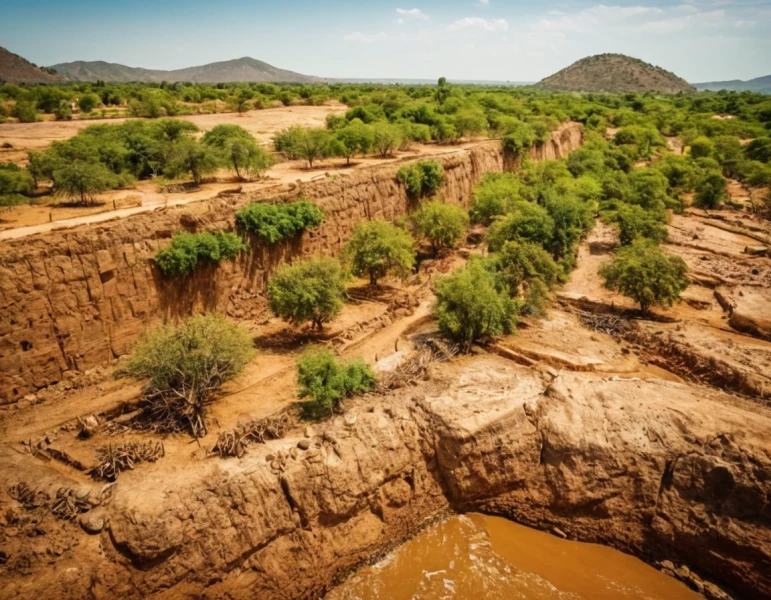Educa UNIVERSITY|SCIENCE AND ENGINEERING
Foundation for Ecological Security: A View From My Experience
Related Masters
Foundation for Ecological Security: A View From My Experience
Hello, I'm Amadeo Perez! Today I want to talk to you about a topic I know first hand: the Foundation for Ecological Security (FES). For years, I have had the privilege of collaborating with initiatives that seek to balance human development and nature conservation. And yes, this foundation has been a key player in this area.
But let's not get lost in formalities, because here we're going to break down everything about FES so that you understand it, value it and, hopefully, get inspired.
What is the Foundation for Ecological Security?
The Foundation for Ecological Security is a non-profit organization working primarily in India to restore degraded lands and protect resources such as water, forests and rangelands. Their approach is simple but revolutionary: integrate local communities in the sustainable management of these resources. They achieve this through participatory governance, which means that people make decisions and are an active part of the process.

Why is it important?
Because in many vulnerable ecosystems, the key is not just restoring the land or planting trees (although this helps), but making sure that the people who depend on these resources can also thrive without destroying the environment.
The impact in numbers (because this needs to be looked at with data)
- More than 97,000 hectares of land restored.
- Work in five key eco-regions of India.
- Collaborate with 1,402 local institutions and benefit one million families.
- Projects on lands such as degraded forests, marginal farmland and community rangelands.
All of this is not magic, it is the result of years of planning, collaboration with local governments and communities, and a deep understanding of ecological and social systems.
My experience with FES
I tell you that, years ago, I worked on a project in collaboration with FES in an area of India known for its severe droughts. My team and I were amazed at how they managed to involve the communities. It wasn't just about planting trees; it was about giving people back the power to manage their environment.
I remember seeing women leading local committees to manage small dams. They decided how much water to use, when and how, making sure there was never a shortage for agriculture or human consumption. What's more, they learned to conserve water as if it were gold...because in those areas it is.
The foundations of FES's success
If I had to summarize what makes FES so effective, I would say three key pillars:
- Community approach: It's not about imposing solutions from outside, but giving people tools and knowledge to manage their own resources.
- Applied science: They use rigorous data and analysis to understand what works best in each context.
- Economic sustainability: The projects are not simply green; they also seek to improve the local economy, creating jobs and opportunities.
What we can learn from them
If my time with FES has taught me anything, it is that we cannot save the planet without including local communities. They are the first to be affected by environmental degradation, but they are also the first to benefit from its restoration.
Also, FES does not stop at the technical, they also address education and awareness. Because, at the end of the day, if people don't understand the "why" of caring for nature, they won't commit in the long run.
FES is not just about the technical.
Faculties
Trainings
The faculties embrace diverse academic disciplines and fields of study, opening doors to new perspectives and exploring different spheres of wisdom in a constantly evolving world.














